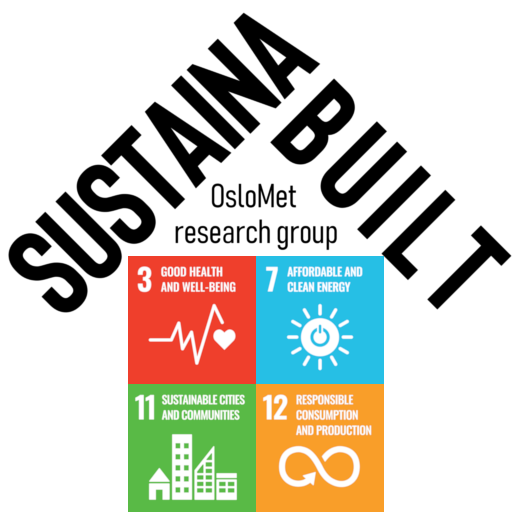Faculty Publications (Scholarly Results)
2008 ▲▼
KI FOSTERVOLD, Jonny NERSVEEN (2008) “Proportions of direct and indirect indoor lighting – The effect on health, well-being and cognitive performance of office workers”. Lighting Research and Technology, Vol.40 (no.3), p.175-200 …
Abstract: Indirect lighting has been recommended as a way to accommodate lighting needs in offices. To investigate this recommendation, the effect of four ceiling-mounted lighting schemes providing inverse proportions of direct and indirect lighting were studied in ordinary office environments. The study used a 4×3 mixed randomised-repeated design. Dependent variables assessed subjective symptoms, subjective well-being and cognitive performance. Glare, a major contributor to visual strain was physically removed. Photometric measurements showed that proportions of direct and indirect lighting affect the luminous environment. Except for an association between reduced job stress severity and direct lighting, the results indicate that proportions of indirect and direct lighting do not affect the dependent variables. A main effect of the new lighting installation was revealed for subjective symptoms and cognitive performance.
Permalink: https://doi.org/10.1177/1477153508090917
Finn DRANGSHOLT (2008) “Efficiency test of dust cleaning system”. [Report] Ritco
Abstract not available
Finn DRANGSHOLT (2008) “Tilstandskontroll av opersjonsstuer” [Language NO]. [Report] Helsebygg – MidtNorge
Abstract not available
Oddbjørn SJØVOLD (2008) “Roterende varmegjenvinner i skoler” [Language NO]. [Report] Erichsen & Horgen i OSLO
Abstract not available
Oddbjørn SJØVOLD (2008) “Inneklimamålinger ved Vuku Barneskole, Verdal Kommune” [Language NO]. [Report] Trøndelag Forskning og Utvikling
Abstract not available
Oddbjørn SJØVOLD (2008) “Inneklimamålinger ved Verdal Helsesenter i Verdal kommune” [Language NO]. [Report] Trøndelag Forskning og Utvikling
Abstract not available
Oddbjørn SJØVOLD (2008) “Asbestundersøkelse av golvbelegg og i inneluft ved Verdal Barneskole” [Language NO]. [Report] Trøndelag Forskning og Utvikling
Abstract not available
Oddbjørn SJØVOLD (2008) “Asbestundersøkelse av golvbelegg og i inneluft ved Vinne skole i Verdal” [Language NO]. [Report] Trøndelag Forskning og Utvikling
Abstract not available
Oddbjørn SJØVOLD (2008) “Asbestundersøkelse av golvbelegg og i inneluft” [Language NO]. [Report] Trøndelag Forskning og Utvikling
Abstract not available
Oddbjørn SJØVOLD (2008) “Inneklimamålinger for Gjensidige Stjørdal” [Language NO]. [Report] Trøndelag Forskning og Utvikling
Abstract not available
Oddbjørn SJØVOLD (2008) “Effektregulering” [Language NO]. [Report] Skarland Press AS
Abstract not available
Finn DRANGSHOLT (2008) “Dimensjonering av Rørnett” [Language NO]. in Leif I. STENAAS, Vannbaserte oppvarmings- og kjølesystemer, Skarland Press, ISBN 82-90033-10-9
Abstract not available
